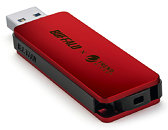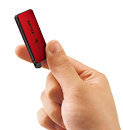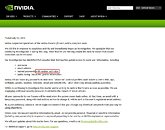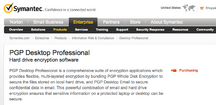
Microsoft Breaks Windows Hello: Darkness Is Now Its Enemy
Microsoft has updated Windows Hello facial recognition to require a compatible color camera, in addition to infrared sensors, for user sign-in. Although this change was announced in April's Patch Tuesday release (KB5055523), many users only noticed the impact when their devices stopped authenticating in dark environments. Previously, Hello relied solely on IR sensors to capture a three-dimensional facial scan, enabling secure logins even in minimal lighting conditions. Microsoft says the new requirement addresses a spoofing vulnerability discovered earlier this year by ensuring that a visible image from the color camera accompanies the IR scan. Early reports have been mixed: some outlets confirm Hello no longer works in darkness, while others find that the glow of a laptop screen can suffice to illuminate the user's face.
A practical workaround involves disabling the color webcam in Device Manager, which forces Hello to revert to IR‑only authentication and restores dark‑room functionality. Disabling the webcam for video calls is not practical for everyone, particularly for those who need to attend mandatory daily meetings, especially in corporate settings. Fortunately, Windows Hello provides alternative sign-in options. Users can choose to sign in with a PIN, password, or fingerprint, all of which allow for quick and secure access without depending on facial recognition in low-light conditions.
A practical workaround involves disabling the color webcam in Device Manager, which forces Hello to revert to IR‑only authentication and restores dark‑room functionality. Disabling the webcam for video calls is not practical for everyone, particularly for those who need to attend mandatory daily meetings, especially in corporate settings. Fortunately, Windows Hello provides alternative sign-in options. Users can choose to sign in with a PIN, password, or fingerprint, all of which allow for quick and secure access without depending on facial recognition in low-light conditions.
































